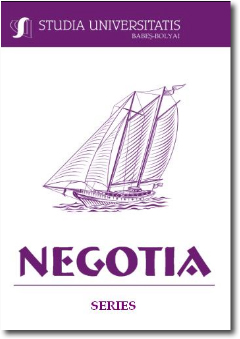COMPETITION POLICY IN THE EUROPEAN UNION: THE LIDL/ PLUS ACQUISITION CASE IN ROMANIA
COMPETITION POLICY IN THE EUROPEAN UNION: THE LIDL/ PLUS ACQUISITION CASE IN ROMANIA
Author(s): Nicolae Marinescu, George Florin VasilutaSubject(s): Economy
Published by: Studia Universitatis Babes-Bolyai
Keywords: competition policy; acquisition; relevant market; concentration ratio; Herfindahl index.
Summary/Abstract: In the context of a growing Romanian retail market in recent years, we analyse the acquisition of retail chain Plus by discounter Lidl, finalised in 2010. The subject is treated from the perspective of EU competition policy. We begin with a literature review on the main concepts used in competition policy and the major provisions of competition law in the EU. In section 2 we examine the involved parties in the concentration, namely Plus and Lidl. The starting hypothesis is that the concentration sets the stage for a potential dominant position able to distort effective competition in the EU and Romania. Section 3 comprises the detailed analysis of the case. First, we identify the dimension of concentration. Further, we calculate specific market concentration indicators, such as the concentration ratio and the Herfindahl-Hirschman index. We also determine the relevant market in product and geographical terms. Finally, we investigate the possible effects of the concentration on competitors, suppliers and consumers. We find that the acquisition of Plus by Lidl in Romania does not erect significant barriers to effective competition, by means of a dominant position. Also, the deal does not impede access to sources of supply and has no obvious detrimental effects on consumers.
Journal: Studia Universitatis Babes Bolyai - Negotia
- Issue Year: 57/2012
- Issue No: 3
- Page Range: 15-33
- Page Count: 19
- Language: English

